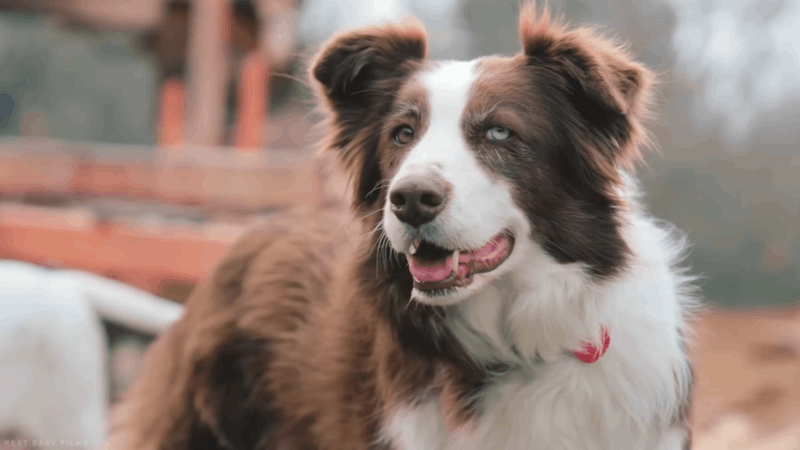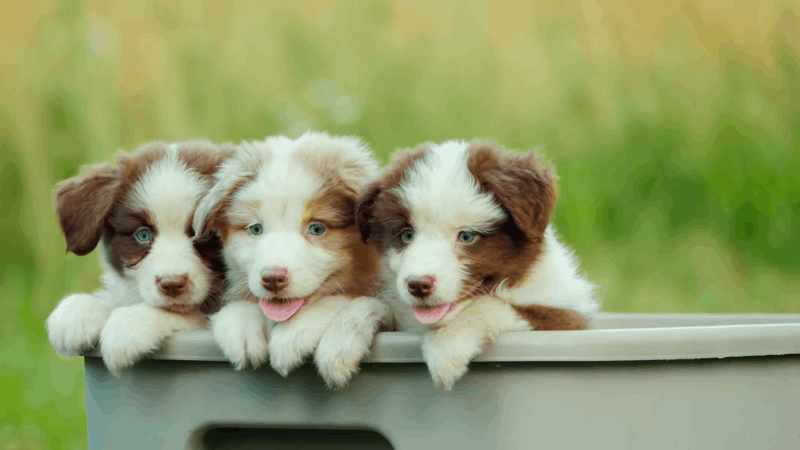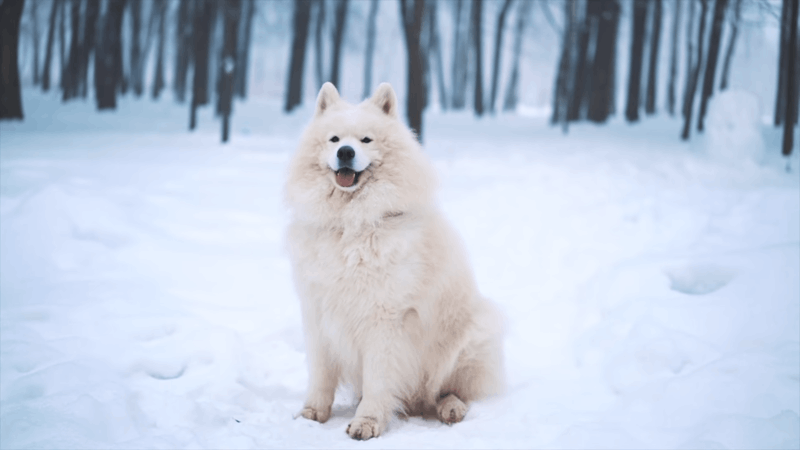No products in the cart.
Why Schnauzers are the worst dogs is a question that often comes up in discussions about dog breeds. However, labeling any specific dog breed as the “worst” can be a subjective judgment, often based on misconceptions and a limited understanding of the breed’s unique characteristics. In this blog, we will delve into the reasons some might consider Schnauzers less ideal, the misconceptions surrounding their aggression, the potential challenges of owning them, and the situations where they may not be the most suitable choice.
Why Schnauzers Are the Worst Dogs
It’s not fair to label any specific breed as the “worst” because a dog’s behavior and suitability as a pet can vary greatly based on individual temperament, upbringing, and training. Schnauzers, like any breed, have their own unique characteristics, and what may be perceived as “worst” qualities in one person’s opinion might be appealing to another. For more amazing CBD pet items, visit the Pet CBD Club website.
- High energy: Schnauzers are an active breed and require regular exercise and mental stimulation. If not provided with enough activity, they may become restless and potentially engage in undesirable behaviors.
- Stubbornness: Some Schnauzers can be strong-willed and independent, which can make training a bit more challenging for novice dog owners.
- Protective instincts: Schnauzers can be protective of their families, which can lead to territorial behavior if not properly socialized and trained.
- Grooming needs: Their wiry coat requires regular grooming, which can be time-consuming and costly.
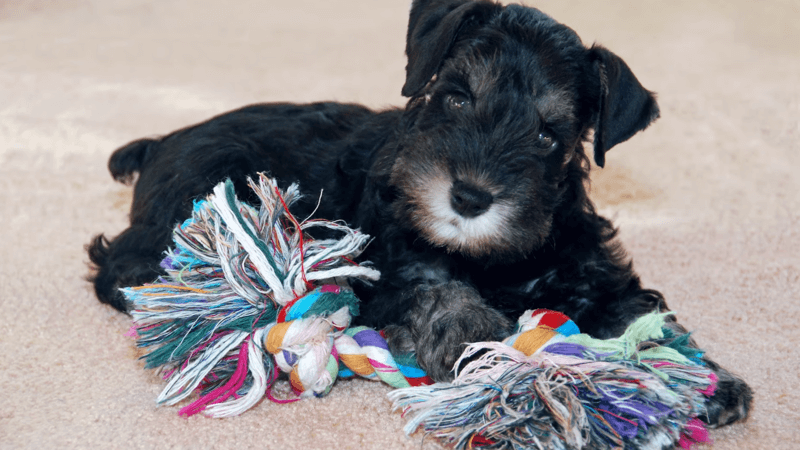
Common Misconceptions About Schnauzer Aggression
There are several misconceptions about Schnauzer aggression, and it’s important to clarify these points to better understand the breed:
- Aggression is not a breed characteristic; Schnauzers, as a breed, are not inherently aggressive. They are known for being loyal, intelligent, and protective, but this doesn’t mean they are naturally aggressive.
- Aggression is often linked to poor training or socialization. If a Schnauzer exhibits aggressive behavior, it’s typically due to inadequate training, socialization, or a lack of proper care. Like any dog, Schnauzers require early socialization to be well-adjusted and obedient.
- Individual variation: Aggression can be found in any breed, and it’s important to remember that each dog is an individual. Not all Schnauzers will display aggressive tendencies, and many are friendly, well-behaved pets.
Potential Challenges in Owning a Schnauzer
While Schnauzers can be wonderful pets, there are some potential challenges to be aware of when owning one:
- Grooming needs: Schnauzers have a unique, wiry coat that requires regular grooming. If not maintained, their coat can become matted and uncomfortable for the dog.
- Exercise requirements: Schnauzers are an active breed and need daily exercise and mental stimulation. If their exercise needs aren’t met, they can become restless or even destructive.
- Training: Some Schnauzers can be stubborn and may require consistent and patient training. Early socialization is important to ensure they get along well with other pets and people.
- Protective instincts: While their protective nature can be a positive trait, it can also lead to territorial behavior if not managed properly.
- Health concerns: Schnauzers can be prone to certain health issues, including hip dysplasia, eye problems, and skin conditions, so regular veterinary care is essential.
Reasons Why They May Not Be Suitable for Families
While Schnauzers can make wonderful family pets, there are certain situations where they may not be the most suitable choice:
- Lack of time and energy: Families with very young children or extremely busy schedules may find it challenging to meet the exercise and training needs of a Schnauzer.
- Inadequate socialization: If a family is not committed to proper socialization from a young age, a Schnauzer’s protective instincts could lead to issues with unfamiliar people and pets.
- Grooming demands: Families who cannot commit to regular grooming or the cost of professional grooming may find a Schnauzer’s coat maintenance too demanding.
- Small living spaces: Schnauzers thrive in homes with ample space for exercise. Families living in small apartments might find it more challenging to provide the necessary physical activity.
- Allergies: Some family members may have allergies to dog dander, which could be a consideration when choosing a Schnauzer, as they shed less but are not entirely hypoallergenic.
Causes of Miniature Schnauzer Behavior Problems
The causes of these behavior problems can vary, but they often result from a combination of factors, including:
- Lack of Socialization: Insufficient early socialization can lead to fear or aggression towards other dogs or people.
- Insufficient Training: Inconsistent or ineffective training can result in disobedience and stubbornness.
- Boredom: Miniature Schnauzers are active dogs and can engage in unwanted behaviors, like digging or excessive barking, if they don’t receive enough physical and mental stimulation.
- Separation Anxiety: This breed is prone to separation anxiety, which can cause destructive behaviors when left alone.
- Territorial Instincts: Their guarding behavior may be a result of their protective instincts. This can lead to aggression or wariness toward strangers.
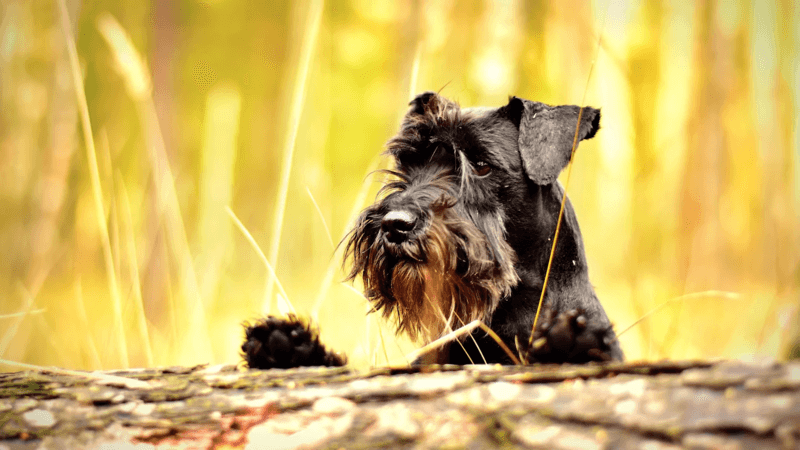
Common Behavioral Issues in Miniature Schnauzers
- Aggression: Some miniature Schnauzers may exhibit aggression, especially if not properly socialized and trained. This aggression can be directed toward other dogs, strangers, or even family members.
- Excessive Barking: Miniature Schnauzers are known for their vocal nature. Excessive barking can be a problem, particularly if they are not taught when to be quiet.
- Digging: This breed may have a tendency to dig, especially if they are bored or not provided with enough mental stimulation.
- Separation Anxiety: Miniature Schnauzers can be prone to separation anxiety, which can lead to destructive behaviors when left alone.
- Guarding Behavior: They have a protective instinct, which can sometimes manifest as guarding behavior, making them wary of strangers or territorial.
- Stubbornness: Miniature Schnauzers can be headstrong, and their independent nature can make training more challenging.
Strategies to Address and Prevent Behavior Problems
- Early Socialization: Start socializing your miniature Schnauzer from a young age to ensure they are comfortable around other dogs, people, and various situations. This can help prevent aggression and guarding behavior.
- Consistent Training: Consistent and positive reinforcement training is essential. Be patient, and use rewards like treats and praise to motivate your Schnauzer to learn and obey commands.
- Exercise and Mental Stimulation: Ensure your dog gets enough exercise and mental stimulation. A tired Schnauzer is less likely to engage in undesirable behaviors. Regular walks, playtime, and puzzle toys can help.
- Barking Management: Train your Schnauzer to stop barking on command. Use commands like “quiet” and reward them when they stop barking. Avoid reinforcing barking by not responding to it or giving attention when they bark excessively.
- Crate Training: If your Schnauzer has separation anxiety, crate training can help them feel secure when you’re not around. Gradually increase the time they spend in the crate and ensure it’s a positive experience.
- Positive Reinforcement: Focus on positive reinforcement to reward good behavior and encourage the behaviors you want. Avoid punishment-based training methods, as this can exacerbate stubbornness and fear-based aggression.
- Obedience Classes: Enroll your Schnauzer in obedience classes to reinforce training and socialization skills. Professional trainers can provide guidance and help address specific behavioral issues.
- Professional Help: If behavioral issues persist or worsen, consider consulting a professional dog behaviorist or trainer who has experience working with miniature Schnauzers.
- Regular vet check-ups: Some behavioral problems can be linked to health issues. Ensure your dog receives regular veterinary check-ups to rule out any underlying medical causes for their behavior.
Are Miniature Schnauzers Aggressive?
Miniature Schnauzers are not inherently aggressive dogs. However, like any breed, individual dogs may exhibit aggressive behavior if certain factors are present. Aggression in miniature Schnauzers is not a breed characteristic but rather a behavior that can be influenced by a variety of factors.
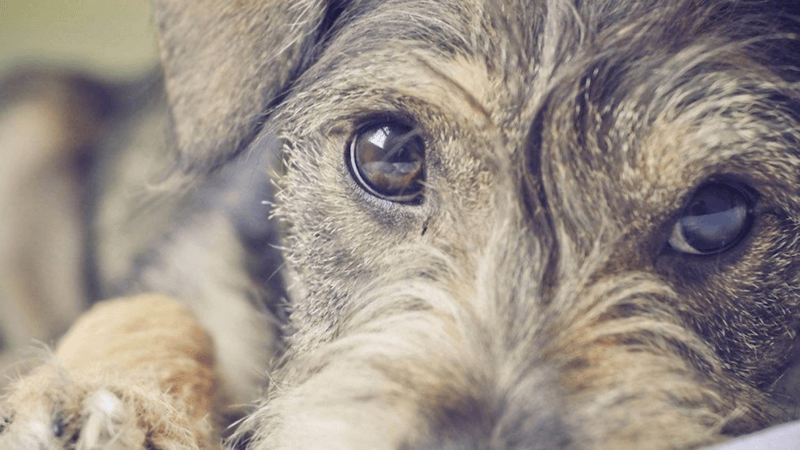
Factors That Can Influence Aggression in Miniature Schnauzers
Several factors can contribute to aggressive behavior in miniature Schnauzers:
- Lack of Socialization: Inadequate socialization during puppyhood can lead to fear-based aggression or aggression toward other dogs and people.
- Training and Discipline: Inconsistent or harsh training methods can lead to aggressive behaviors, as can a lack of proper training.
- Fear and Anxiety: Fear or anxiety can trigger aggressive responses in dogs, including Schnauzers. This can be related to past traumatic experiences or a lack of confidence.
- Health Issues: Certain medical conditions or pain can make a dog more irritable and prone to aggressive behavior. It’s essential to rule out any underlying health problems.
- Territorial or Protective Instincts: Miniature Schnauzers have protective instincts, and they may exhibit aggression when they feel their family or territory is threatened.
How to Deal With Aggressive Behavior in Schnauzers
Dealing with aggressive behavior in miniature Schnauzers requires careful handling and a strategic approach.
- Consult a Professional: If your miniature Schnauzer displays aggression, it’s advisable to consult a professional dog behaviorist or trainer experienced in dealing with aggression.
- Identify triggers: Pay attention to the specific situations or stimuli that trigger aggressive responses in your dog. Knowing the triggers can help in managing and modifying their behavior.
- Positive Reinforcement: Utilize positive reinforcement training methods to encourage desired behaviors and reward calm, non-aggressive responses.
- Socialization: Continue socializing your miniature Schnauzer to help them become more comfortable with other dogs and people. Gradual exposure to stimuli that trigger aggression can be helpful.
- Behavior Modification: Work with a professional to develop a behavior modification plan tailored to your dog’s specific issues. This may include desensitization and counter-conditioning techniques.
- Exercise and Mental Stimulation: Ensure your Schnauzer gets enough physical exercise and mental stimulation. A tired dog is less likely to exhibit aggressive behavior.
- Medication: In severe cases, a veterinarian may recommend medication to help manage anxiety or aggression. This should be considered in consultation with a veterinary professional.
- Consistency: Be consistent in your training and management of your dog. Everyone in the household should follow the same rules and commands.
Conclusion
In addressing the question of why schnauzers are the worst dogs, it’s crucial to challenge this perception. Such a label is often based on characteristics like high energy levels, stubbornness, protective instincts, and grooming requirements. However, it’s important to understand that these traits don’t inherently categorize Schnauzers as the “worst” dogs. With the right approach to training and care, Schnauzers can be wonderful companions. By recognizing their individuality and providing appropriate socialization and responsible ownership, a rewarding and harmonious relationship with these spirited pets can be achieved.
I am Nelson Cooper, I pursue my passion for writing and my belief is that cats love humans. I enjoy traveling and have a deep appreciation for the beauty of nature, as well as a soft spot for animals, particularly cats.

